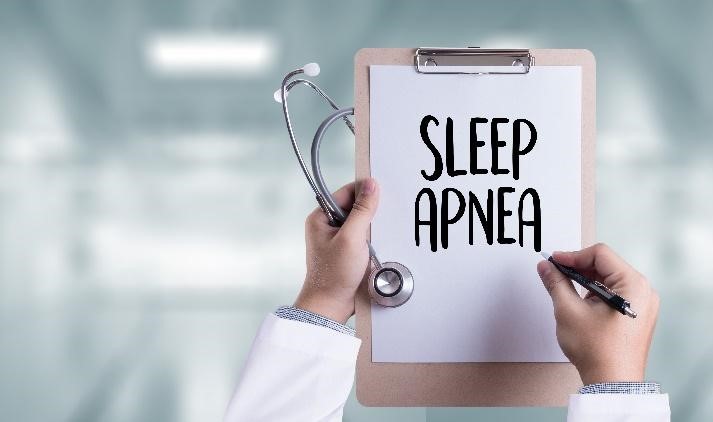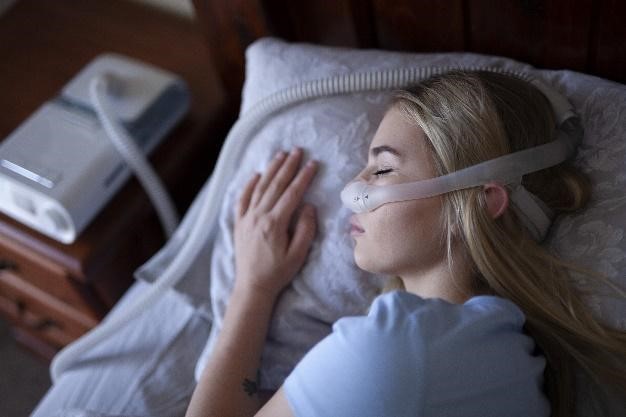Table of Contents
Lifestyle Remedies for Sleep Apnea Treatment

Traditional methods used for treatment for sleep apnea include wearing a CPAP mask throughout the night. Although it is an effective remedy to sleep apnea, some people find this method uncomfortable. Some home remedies may offer sleep apnea treatment without CPAP. Below are some alternative therapies to reduce sleep apnea symptoms.
Maintain a healthy body weight
Obesity, specifically in the upper body, can raise the risk of airway obstruction and narrow nasal passages. These obstructions can lead to irregular breathing or for lengths of time while sleeping. Preserving a healthy weight can keep your airways clear and reduce sleep apnea symptoms.
Try yoga
Yoga can significantly enhance respiratory strength and boost oxygen flow. Sleep apnea is associated with decreased oxygen saturation in your blood. Yoga can increase oxygen levels through its various breathing exercises. If you get a sleep apnea test at home and want to develop homemade remedies, try yoga! Yoga reduces sleep interruptions experienced throughout the night.
Use a humidifier
Humidifiers are devices that add moisture to the air driven through the airway to the lungs. Dry air can irritate the body and the respiratory system. Using a humidifier assist in opening airways, reduce congestion, and foster clearer breathing while using a CPAP machine.
For extra benefits, consider adding lavender, peppermint, or eucalyptus oil to a humidifier. These three vital oils have known anti-inflammatory and soothing benefits. It would be best to follow the manufacturer’s instructions on cleaning your humidifier because they can harbor molds and bacteria.
Change your sleeping position

A recent study found that more than half of obstructive sleep apnea cases are caused or depend on position. You might be wondering – what does severe sleep apnea mean? Some sleeping positions can make one experience severe breathing problems. However, studies by trusted sources have shown sleeping on your back (called the supine position) can worsen symptoms. Sleeping on the side can help in normalizing breathing patterns.
Avoid alcohol and smoking
To reduce the risks of sleep apnea, it would help to consider quitting smoking and limiting your alcohol intake. Alcohol relaxes the throat muscles that regulate your breathing. That can cause snoring and an interrupted sleep cycle. It can also result in inflammations in your airways and consequently blocking the airflow. Like alcohol, tobacco use also has a high tendency to cause inflammation and swelling in your airways. Both alcohol use and smoking can offset the benefits of treating sleep apnea and worsen your snoring and sleep apnea.




 Shop
Shop



